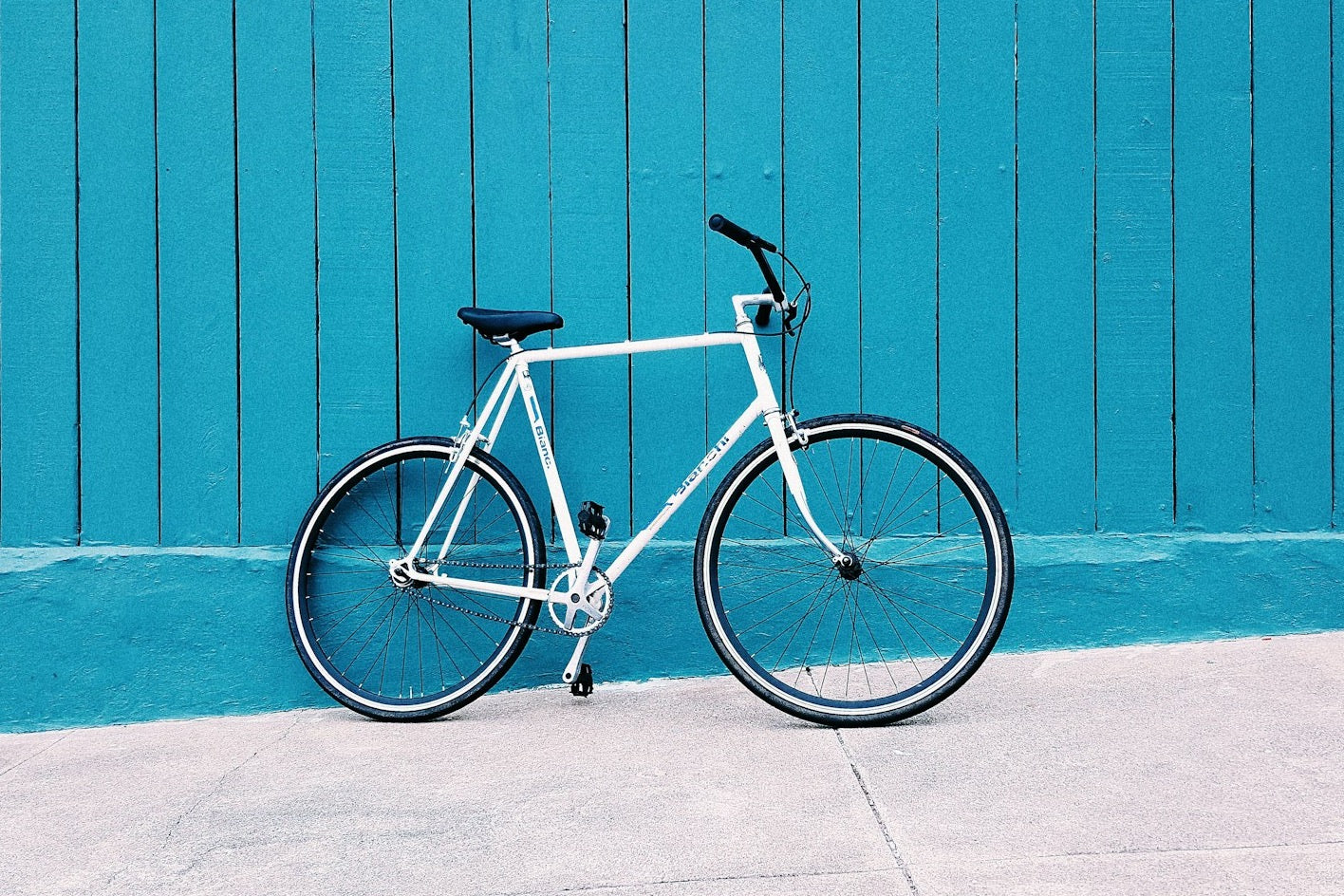What's more valuable, knowledge or experience? And what's the value to reading stories?
Imagine a pair of twins. Let’s call them Kyle and Wesley.
It’s Kyle and Wesley’s 7th birthday today and they get brand new bicycles. The only problem is, neither boy has ridden one before.
Luckily the bike isn’t the only gift they’re receiving today. They unwrap a second gift—a 218-page book, all about bikes.
Kyle spends the day reading the book.
It teaches him everything from how forward motion affects balance to which posture will achieve the best aerodynamics.

Meanwhile, Wesley takes his bike outside and starts trying on his own.
Three hours go by. Kyle finishes the book and goes outside. Both brothers get on their bikes.
You are asked to bet money on which brother won't fall off his bike. Kyle, who has spent three hours reading about bikes, or Wesley, who has spent three hours trying to ride his bike on his own.
Who do you bet on?
I’m guessing you chose Wesley. But why?
Only about 5% of kids are able to ride a bike first try, and while reading a few books might bump up Kyle’s chances slightly, it’s not the same as trying to ride the bike in real life.
After 10 attempts, about 98% of kids are able to ride a bike. Wesley, having tried for three hours, has gotten in much more than 10 attempts in, and has most likely mastered his balance already. Whereas Kyle has amassed a lot of facts about bikes but doesn’t have any experience.
The same can be applied in other areas of our lives. It's the difference between knowledge and experience.
You don’t learn how to ride a bike by reading about riding a bike. At some point you have to get on the bike, fall off a few times, and learn through experience.
But that doesn’t mean the book is without value either.
Let’s flash forward. Kyle and Wesley both learn how to ride. But now they’re going to enter a race.

Wesley spends 5 hours a day riding his bike. Meanwhile Kyle decides to spend 4 hours a day riding his bike and 1 hour a day reading the book about bicycles. As he learns about aerodynamics, the best tires, the best posture, gear switching, and more, he applies what he’s learning during his 4 hours of ride time the next day. After he finishes the book, he finds even more books about bikes, racing, competition, endurance, and more. He reads those and applies the lessons too.
Months go by. Both brothers enter the race.
Which one do you bet on?
It might be less of a sure bet than our first example, but I’m guessing you put your chips on Kyle this time.
Why?
Because even though Kyle is getting slightly less ride time in, he’s actively learning from the knowledge base of other people’s experiences and applying it as he continues to train.
This applies to quite possibly every area of our lives. Tapping into the experience of others can help us learn the lessons of a couple hundred lifetimes without having to live a couple hundred lifetimes.
Knowledge and experience aren't at odds. They work together.
But Jon, you say, you’re a fiction writer. How do made-up stories play into all of this?
I’m glad you asked.
It’s no accident I created a story about Kyle and Wesley to share this concept with you.
The story not only helps the point stick, but it does something more too.
First, stories capture more nuance than a simple list of facts. Facts can help us understand certain concepts, but good stories explore how those concepts actually play out in reality. After all, life doesn’t always happen in an ideal fashion like a textbook. Perhaps it never does at all.
Beyond that, watching our favorite characters grow, change, learn from their mistakes, and make an impact on the world inspires us to do the same. And this is where the real magic lies.
Because we don’t want to spend 100% of our lives just reading about what others (fictional or nonfictional) have done.
We want to get out there and experience life for ourselves—grow as people and make our own positive impact on the world.
George Lucas, the creator of Star Wars, once said to his fans, “Don’t let Star Wars take over your lives. The point of the movie is to get on with your lives, to take that challenge—go out into the world, change it, and save the universe.”’

The point of having the bike isn't to read about the bike. It's to ride it.
And yet...
There is still value to reading about the bike—to learn how to ride it better.
Stories can be incredible tools for helping us understand how to navigate our lives. But remember that we are meant to experience our own lives as well.
I hope that my stories inspire you to live out your own adventures too. It's my dream to see how my readers impact the world around them. And that includes you!



Leave a comment
This site is protected by hCaptcha and the hCaptcha Privacy Policy and Terms of Service apply.